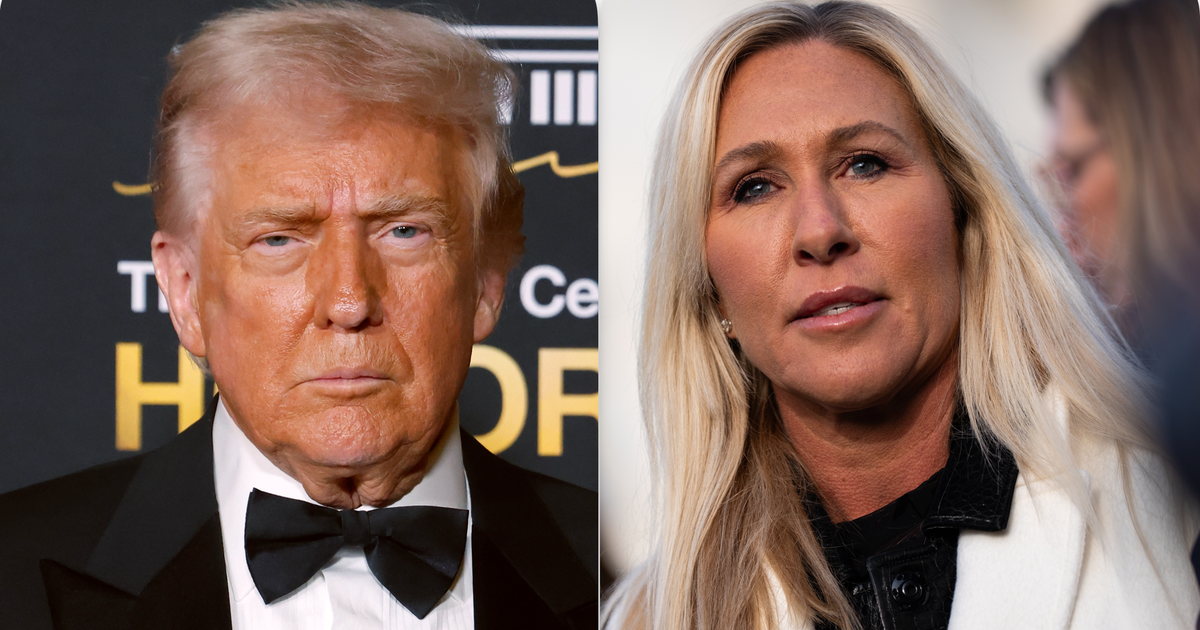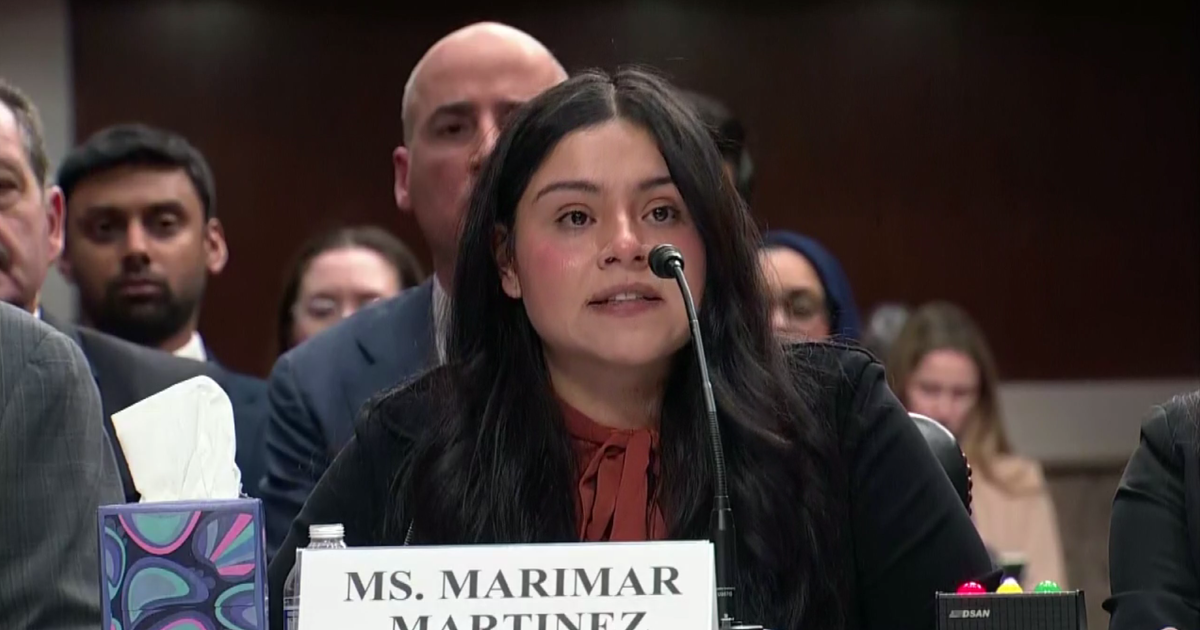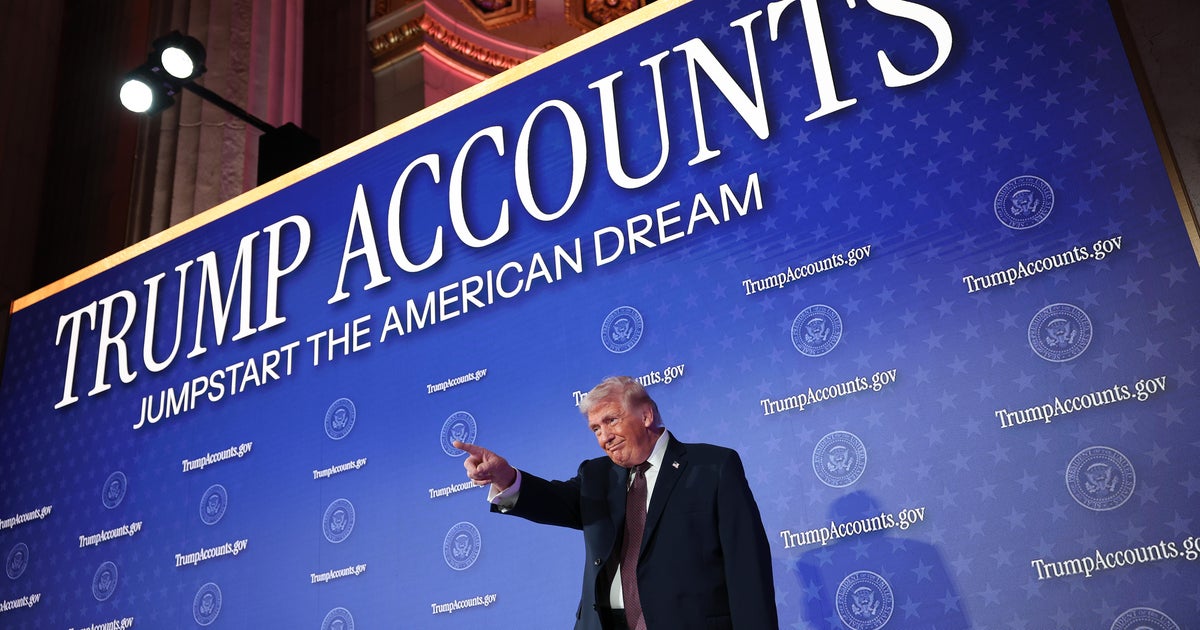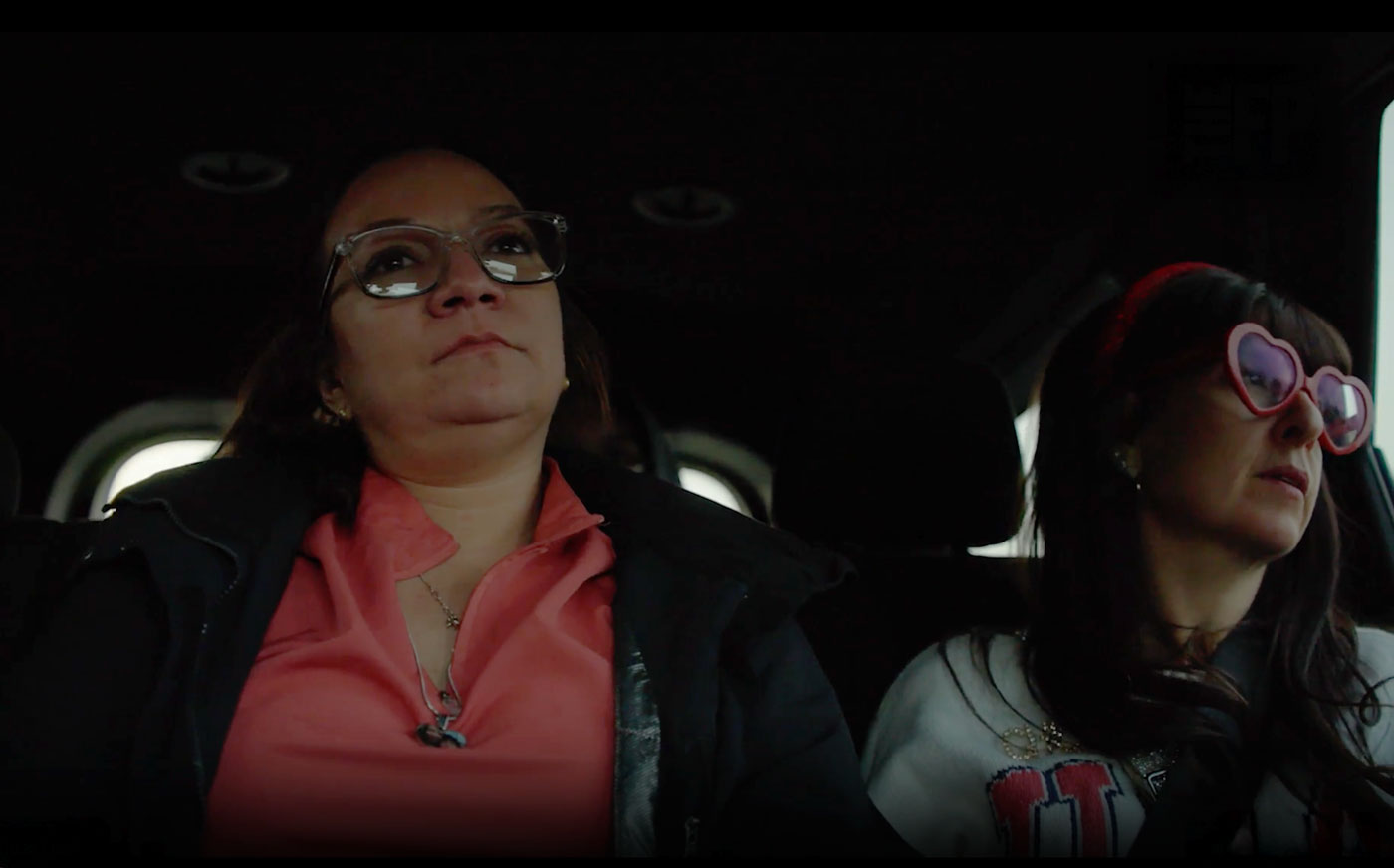Does Starbucks ignore vets while helping refugees?
Starbucks (SBUX) is facing calls for a boycott on social media over CEO Howard Schulz’s plan to hire 10,000 refugees over the next five years. Critics argue that he’s helping foreigners at the expense of struggling veterans.
The Seattle-based company, though, has done quite a bit to help members of the military over the years, and evidence that veterans are losing out on job opportunities is sketchy at best.
The coffee house chain has hired 8,800 of the 10,000 veterans and active duty spouses that it pledged in 2013 that it would hire by 2018. Starbucks has dedicated recruiters who target members of the armed forces in “key focus cities,” including Washington, D.C., Seattle, and Austin.
It has also established more than 200 relationships with military bases in the U.S. and overseas and has attended more than 500 military hiring fairs that attract veterans and military spouses.
“We have the potential to come together as a nation to change how people see and engage with our veterans and military spouses, express gratitude and recognize their service and sacrifice,” according to a statement the company provided to CBS MoneyWatch.
Starbucks operates 30 military family stores that are located near bases and which help provide them assistance. Veterans Service Organizations, which offer free legal help and other services, hold meetings at the store on “Military Mondays.” The company also has an internal organization for its employees who are vets.
In addition, Starbucks backs various groups that help both active-duty members of the military and veterans. Among those groups are the U.S. Chamber of Commerce’s Hiring Our Heroes Foundation, which helps veterans and service members leaving the military find jobs, and Blue Star Families, which supports military spouses.
Critics of Starbucks appear unaware of Starbucks’ track record with veterans.
Twitter user @education4liberals and others have questioned why Starbucks should help refugees at a time when 50,000 homeless veterans are on the streets.
That number, however, is out of date. Data from the U.S. Department of Housing and Urban Development estimates that about 39,500 veterans are homeless on any given night -- still too big of a group. Many homeless vets suffer from mental illness and may not be able to hold a job, according to the National Coalition for Homeless Veterans.
Starbucks isn’t the only company feeling this sort of pressure. Since Donald Trump’s election, Kellogg (K) has faced a boycott from the president’s supporters after it pulled its ads from Breitbart News, an ultraconservative website that has served as a platform for the white nationalist alt-right movement.
Trump supporters have also called on consumers to quit doing business with Macy’s (M) because the retailer wouldn’t promise to bring back Mr. Trump’s clothing line; Amazon (AMZN) because CEO Jeff Bezos owns The Washington Post, which has been critical of Mr. Trump; and Oreos because the cookie-maker has moved production to Mexico. In a strange twist, Mondelez (MDLZ), the parent of Oreos, hasn’t been targeted.
On the opposite side, opponents of Mr. Trump have started #GrabYourWallet, which encourages consumers to avoid doing business with companies that have supported Mr. Trump or have business ties to him. It lists more than two dozen such companies such as athletic footwear maker New Balance, LendingTree (TREE) and MillerCoors, whose CEOs have raised funds for Mr. Trump and/or super PACs affiliated with his campaign.
Given how divided the U.S. is politically, the number of boycotts from supporters -- and critics -- of Mr. Trump is bound to grow.



